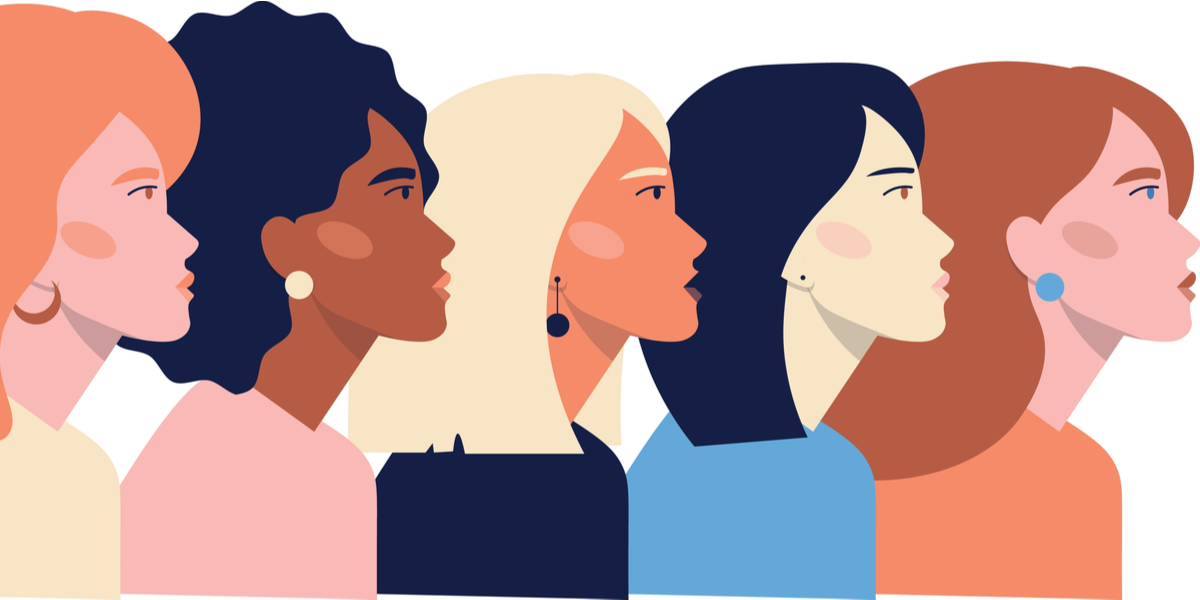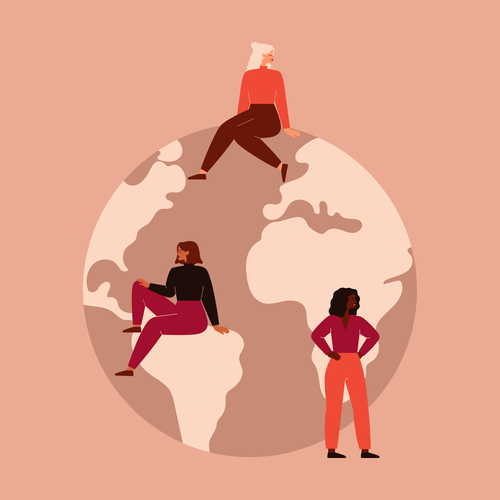Women don't have to be mothers to be worthy
Being a woman never gets easier.
But while we remain victims of structural inequalities that will take generations to fully abolish, we’ve somehow managed to make progress worth celebrating. For one, we are now more empowered than our predecessors to become functioning members of our communities. Unlike the Maria Claras that came before us, we are encouraged to complete our education, climb up the corporate ladder, and pursue our passions on the side. We’re leaders, entrepreneurs, and self-starters, with a slew of titles affixed to the beginning and end of our names.
Despite this, being a mother is still considered the greatest role a woman must aspire toward; the non-negotiable that she must build her world around, as dictated by our family-oriented culture. This notion has remained unchallenged for centuries, given that we’re the naturally nurturing half of a heterosexual relationship, with a killer maternal instinct to boot. What then happens when we decide to give this kind of life up altogether?

If what happened to Heart Evangelista recently is any indication, I guess it’s safe to say that Filipinos aren’t ready to accept this just yet. Last month, the socialite snapped back at a commenter infected with the chismosavirus, who had asked why she and Sorsogon governor Chiz Escudero still don’t have children. It’s a frequently asked question; you can tell by the visible annoyance on her face as she replies, “Kulit ha. Ayoko eh. Didn’t anyone teach you manners?”
What seems to anger the majority these days is the fact that healthy, educated, sexually active women in the prime of their lives are opting out of this seemingly inescapable destiny.
Childlessness in itself isn’t a new concept: Dr. Noam Shpancer, Ph.D. notes in Psychology Today that this was historically caused by factors such as poverty, illness, infertility, poor nutrition, and low post-war marriage rates. But what seems to anger the majority these days is the fact that healthy, educated, sexually active women in the prime of their lives are opting out of this seemingly inescapable destiny. It’s as if those who are capable of reproducing are required to do so at all costs, lest they be deemed worthless to society.
Though we do not have to justify what we do with our own bodies (“Chill, not your uterus,” as Evangelista herself stated), it’s offensive to hear that this choice is some spur-of-the-moment decision when it’s a result of careful deliberation informed by everything happening to and around us.
It’s no secret that women bear the brunt of our current crises: we continue to shoulder the burden of climate injustice, economic recession, and political dysfunction, all of which have significantly impacted our emotional and financial state. As we struggle to regain our footing, we might not have the capacity to bring another human into this world and prioritize their needs before our own. In fact, it even feels unethical to raise someone in these conditions, knowing full well that they will have to deal with the side effects of a rapidly deteriorating, increasingly uninhabitable world.
On a personal note, some women simply don’t think they’re built for such an undertaking. Since we 21st century Filipinas have gained access to other opportunities and avenues for enrichment, we’ve effectively extricated our worth from our ability to continue our lineage. We now crave an existence characterized by spontaneity, career stability, and a stronger connection with our partners or our own selves. Others may argue that it’s possible to have it all but realistically speaking, the total commitment that motherhood entails will require trade-offs not everyone is willing to make.

Sadly, no reasoning ever seems sufficient in the eyes of the grand jury. Deciding not to have a child is generally viewed as selfish, superficial, and careless; those who push through with it face judgment, scrutiny, and exclusion from friend groups and family members alike, and are barely extended the understanding and consideration they deserve. But, how could it ever be selfish to consider the possible ramifications of the most irreversible decision of our lives?
Kids who grow up in environments riddled with neglect and disrespect are more prone to isolation and thus have trouble forming and sustaining relationships. Wouldn’t it be better to admit we don’t have the energy or resources required to keep them alive, instead of depriving them of what they deserve? Aren’t we sparing the children of tomorrow from suffering if they don’t get parents who didn’t want them to begin with?
Women have worked long and hard to be able to assume the roles we wish. We deserve to be treated with respect, even if being a mother is not on that list.
These points could be triggering for those who believe in the transformative power of motherhood; in fact, I can already imagine the number of compelling counterarguments they have prepared. But based on statistics, women who have made up their minds on the issue very rarely feel remorse or regret. Equipping them with the freedom of choice might not affect us directly but it will drastically improve the quality of their own lives.
At the end of the day, everything boils down to respect: understanding that others’ choices are heavily dependent on their contexts, which outsiders are never meant to grasp in their entirety. Choosing to raise a child is something extremely personal and private: whatever the end result is doesn’t define the person involved nor does it determine how she should be regarded. In fact, she has no obligation to disclose this to anybody else!
After all, women have worked long and hard to be able to assume the roles we wish. We deserve to be treated with respect, even if being a mother is not on that list.


